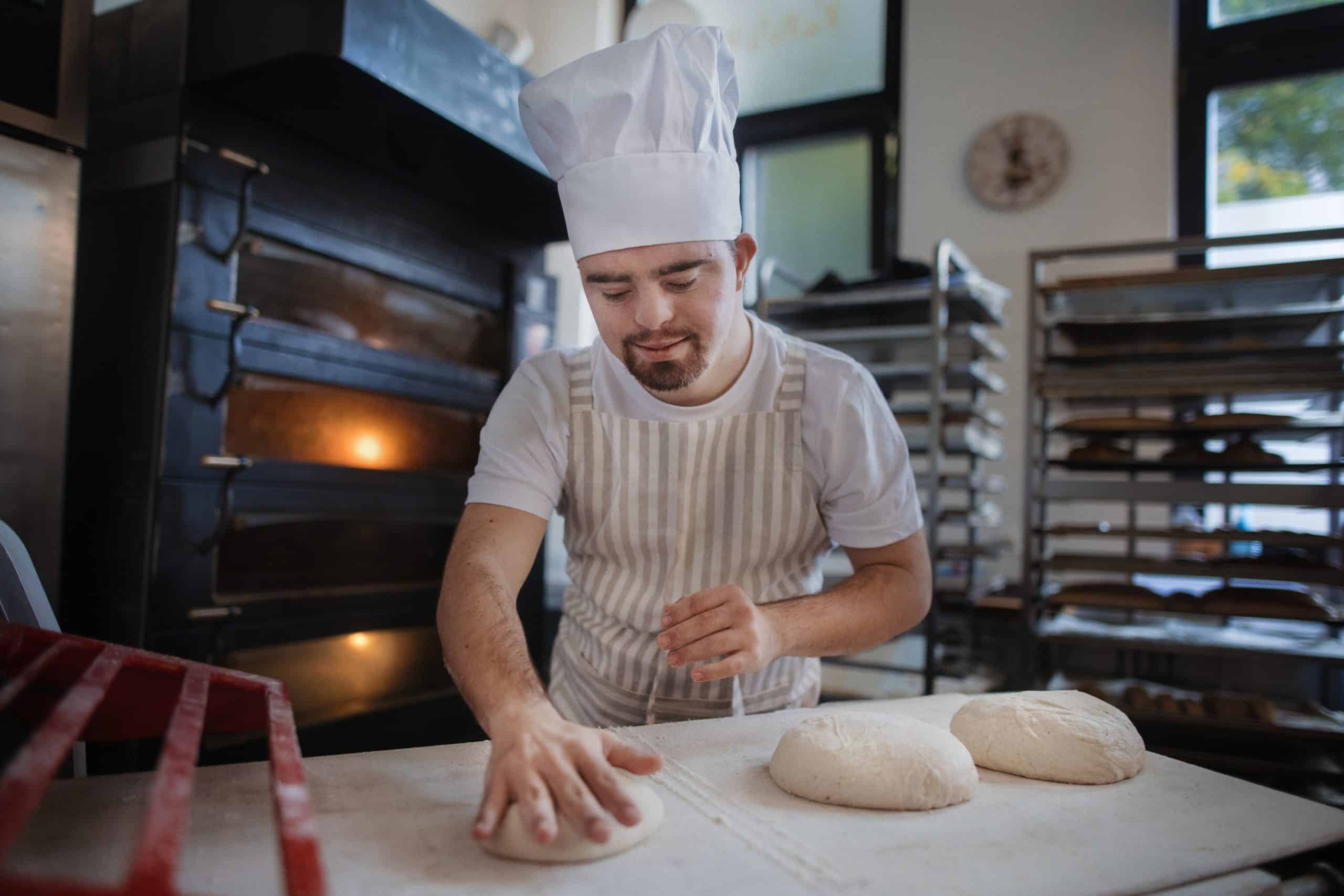What’s the Best Way to Introduce a Dog to a Home with Small Pets Like Guinea Pigs?

Bringing a new pet, especially a dog, into a home that already has small pets like guinea pigs can be an exciting yet challenging transition. Dogs, by nature, are often fascinated by these little creatures, and their curiosity could potentially cause stress and fear for your small pets. But, fear not! We’re here to guide you through this process, ensuring a smooth and stress-free introduction.
Evaluating Your Dog’s Temperament
Before introducing your dog to your small pets, it’s crucial to understand your dog’s temperament. Dogs, like humans, have different personalities. Some dogs are naturally calm and gentle, while others are more curious and active. Knowing your dog’s temperament will help you plan the introduction process accordingly.
Dans le meme genre : Can You Teach a Gerbil to Run an Obstacle Course, and What Are the Benefits?
Start by observing your dog’s behavior around other animals. If your dog appears calm around other dogs or cats, they might exhibit the same behavior around smaller pets. However, if your dog is overly excited or aggressive towards other animals, you might need to take extra precautionary measures during the introduction. Spend time with your dog, understand their triggers, and work on their obedience training.
It’s also important to note that certain dog breeds have a higher prey drive, which makes them more likely to chase smaller animals. Breeds like terriers, hounds, and huskies are known for their hunting instincts. If you have one of these breeds, you may need to be extra careful during the introduction process.
Lire également : How to Determine the Perfect Balance of Light and Shade for a Pet Chameleon?
Preparing Your Home
The environment plays a significant role in the interaction between your dog and your small pets. Before you introduce your dog to your guinea pig, it’s important to prepare your home and create a safe space for both of them.
For your small pets, make sure their cages are secure and placed in a quiet, peaceful area. This will give them a safe retreat where they can observe their new housemate from a distance. It’s also a good idea to make the cages high enough so that the dog can’t reach them.
For your dog, a crate or a separate room can be a safe area where they can retreat if they become too stressed or excited during the introduction. It can also serve as a place for timeout if your dog becomes too intrusive or aggressive.
Introducing Your Dog to the Smell of Small Pets
One of the most effective ways to introduce your dog to your small pets is through their sense of smell. This can be done by presenting items that carry the scent of the small pet to your dog and vice versa.
Present your dog with a blanket or a toy that your guinea pig frequently uses. Allow your dog to sniff and familiarize themselves with the guinea pig’s scent. This can help your dog understand that the guinea pig is part of the family and not a threat. Similarly, let your small pets get used to your dog’s scent by presenting them with a toy or blanket that your dog uses often.
Supervised Face-to-Face Introduction
After familiarizing your dog with the scent of the small pets, it’s time for a face-to-face introduction. This should be done in a controlled environment and under close supervision.
During the initial introductions, keep your dog on a leash and let them observe the small pets in their cage from a distance. This allows both parties to get accustomed to each other’s presence without any direct contact.
Observe your dog’s behavior closely. If they remain calm and show no signs of aggression, reward them with treats and praises. If your dog exhibits aggressive behavior such as growling, barking, or lunging, it’s a sign that they are not ready yet. In such cases, remove your dog from the scene and try again another time.
Remember, patience is key. The introduction process can take time, as it’s paramount to ensure the safety and comfort of all pets involved.
In conclusion, introducing a dog to a home with small pets can be a challenging task. However, with the right approach and plenty of patience, you can ensure a harmonious co-existence between your dog and your small pets. After all, pets, irrespective of their size, can bring immense joy and happiness to our lives.
Training Your Dog around Guinea Pigs
Now that you’ve done preliminary introductions, it’s time to take the process a step further. Remember, the primary goal here is not just for your dog to tolerate your guinea pig, but to coexist harmoniously with them. This might require some training, specifically designed to help dogs interact safely with smaller pets.
Start with basic obedience commands that your dog already knows. Commands like "sit", "stay", and "leave it", can be invaluable during this process. For instance, if your dog becomes overly curious and excited around the guinea pig, a firm "stay calm" can help mitigate the situation.
Next, conduct supervised sessions where your dog can observe the guinea pig in its cage. During these sessions, keep your dog on a lead to maintain control. Reinforce positive behavior, such as calm curiosity, with praises and treats. If the dog exhibits any aggressive behavior, intervene immediately, and give the command "leave it."
Remember, these training sessions should be kept short initially, gradually increasing in duration as your dog becomes more comfortable with the guinea pig’s presence. Also, never leave your dog unsupervised with the guinea pig, regardless of how well the training sessions are going.
Maintaining a Harmonious Environment
Once your dog seems comfortable around your guinea pig and vice versa, start allowing them to interact more freely – still under strict supervision. Allow your dog to sniff around the guinea pig’s cage, always ready to intervene if needed.
Regularly monitor your pets’ behavior towards each other. If your dog remains calm and shows no signs of aggression, you may gradually increase their interaction time. On the other hand, if your dog starts showing signs of stress or aggression, you may need to dial back and continue with the training sessions.
As they grow more accustomed to each other, your dog and guinea pig might even start showing signs of friendship, like your dog gently sniffing the guinea pig or the guinea pig showing curiosity towards the dog. These are positive signs indicating that your pets are comfortable around each other.
Remember to always maintain a safe environment for your pets. Ensure the guinea pig has a place it can retreat to if it feels threatened. Similarly, ensure your dog has a place to calm down if it gets too excited.
Conclusion
Introducing a dog to a home with guinea pigs can be a complex process. It requires immense patience, careful planning, and consistent training. However, by understanding your dog’s temperament, preparing your home, familiarizing your pets with each other’s scents, conducting supervised introductions, and providing ongoing training, you can set the stage for a successful introduction.
More importantly, always keep in mind that every dog and guinea pig is unique. What worked for one might not work for the other. Be patient, adaptable, and committed to creating a safe and harmonious living environment for all your pets, including your dog and guinea pig.
Remember, your pets are also family members and establishing a peaceful co-existence among them can significantly contribute to a happier and healthier home environment.
